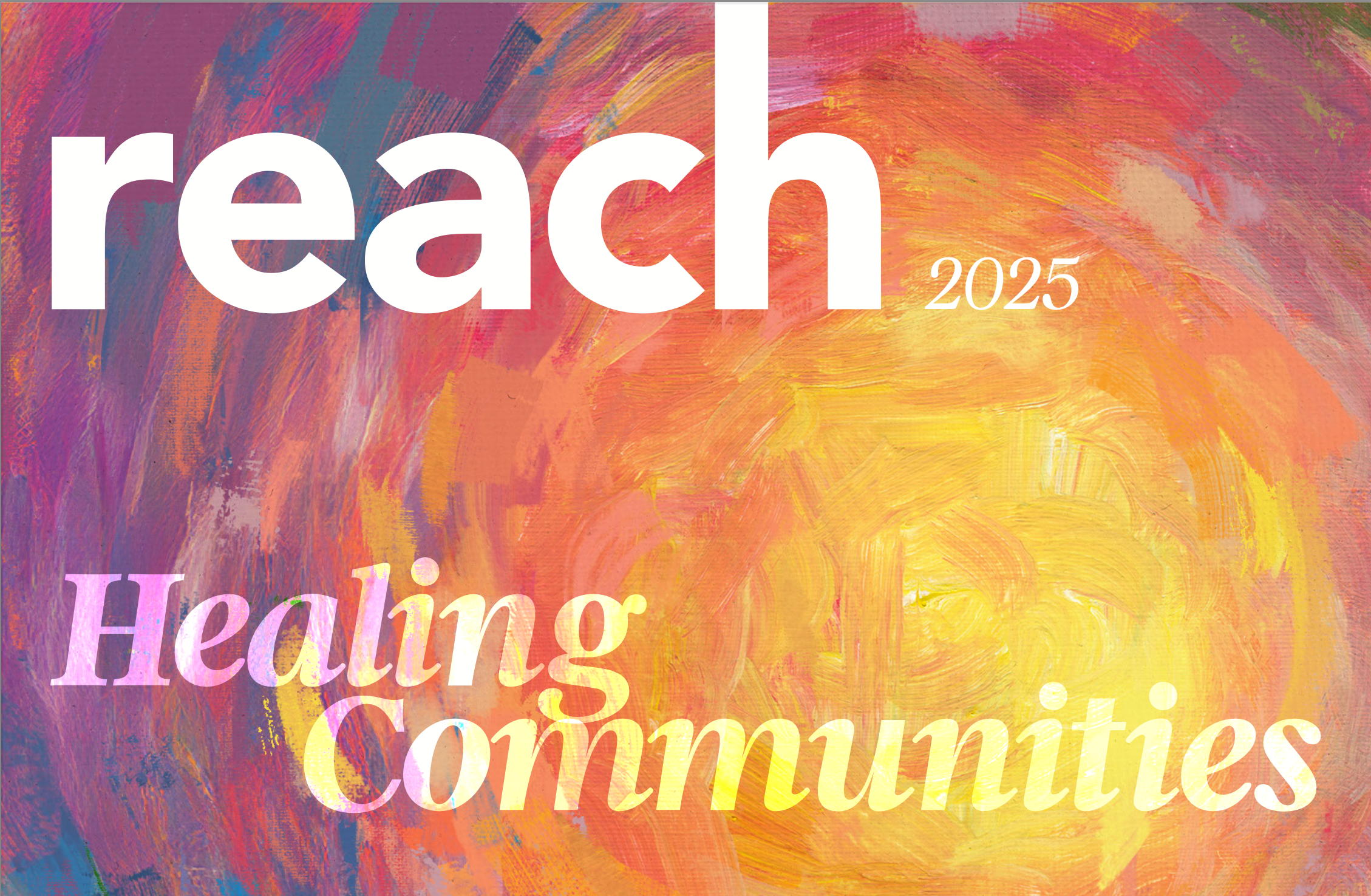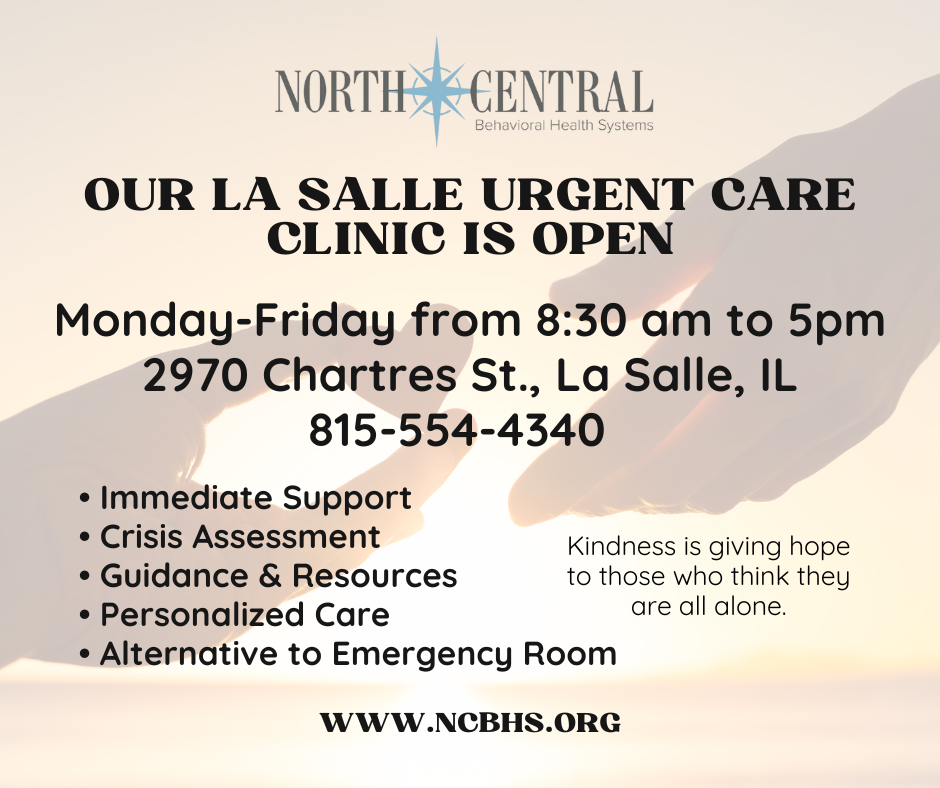
Over the last several days, our lives have changed because of the COVID-19. This virus has been a source of fear and anxiety for a lot of people. Fear about a disease can be overwhelming and lead to strong and unhealthy emotions. Learning to cope with these feelings can reduce stress and make you stronger and more helpful to others. We do not have all of the answers in this situation, but hopefully, we can help you put this in perspective.
Anger, Fear, and Anxiety
Each person’s feelings related to this situation depend on many things. Past experience with a crisis situation can give one person skills to manage their emotions. Other people may never have been exposed to difficult times and not have developed any mechanism to manage their emotions in this time.
Also, our past experiences impact how we label what we are feeling, which then impacts the outcome. Someone could have:
- Sensation of increasing heart rate
- Feeling flushed
- Feeling a knot in the chest
One person can label these feelings fear, while another labels the same feeling anger.
As we see behaviors in person (or on the news) that are out of the ordinary, such as people stockpiling products like toilet paper, or others who are ignoring the social distancing rules, we have emotional responses and label these feelings.
When we label the symptoms “fear” we are directing the feelings inward towards ourselves and internalizing the feeling. Others in that situation may label those same feelings as anger, and direct those feelings externally towards the other person. Emotions are as unique as each individual, and it is important to identify and respect our own feelings and the feelings of others.
Controlling our feelings
Let’s talk about our ability to control this situation. The big thing to recognize with this event is that this is all about the lack of control. The whole idea of sheltering in place, of social distancing is about a lack of our own control. We cannot control what others do, what others feel, we cannot control the rules, and we cannot control the virus. But we can learn to take control of ourselves, starting with our emotions.
Taking some time to learn to control our own emotions and demonstrate this to others will impact your situation and possibly make an impact on others as well. It’s important to recognize that we cannot change how we feel, but we can identify the feelings, and change how we think about the situation. We can also adapt our behaviors to improve our circumstances. Let’s begin with what we can do.
- Take breaks from the news stories. Whether you are watching TV or checking social media, the repeated exposure to the stories increases anxiety, or anger or fear. Turn off the TV, put down the phone or laptop.
- Take a walk alone outside listening to music.
- Watch a movie.
- Find a website that can teach you yoga or a website that teaches how to cook new foods, or a website that teaches a foreign language. This event is happening at an incredible time. We have an amazing amount of resources available online that we can tap into to make ourselves better when it is over. We can use the internet to enrich our lives.
- Reach out to others. Everyone is impacted by this, unlike storms of nature like a hurricane or tornado, this storm is impacting everyone. Just because we have to be socially distant does not mean we have to be socially isolated. Reaching out to others might be leaving notes for neighbors, calling old friends, or calling family. Use technology whenever you can and connect with skype so that you can see people. When you connect with others, talk about your concerns, but it is important to share what you are doing to stay strong.
- Begin to identify one positive thing for each complaint that you have. Changing your language and talking about what is going well, changes your thinking and begins to change how you feel.
- If you are a caregiver, take care of yourself so that you can take better care of them. Like they say on the airplane, put your own oxygen mask on so that you can help someone else. As caregivers, we need to be emotionally healthy in order to do that job. Find what your oxygen mask is.
- Is it exercise? Be sure to take the time for that, alone. There are online opportunities to work out- Check with your local gym or YMCA for what they have to offer.
- Is your oxygen mask reading?
- Is it listening to music?
- Is it walking in nature?
Carve out the time each day without guilt to do those things. This will make you a better caregiver.
Children
It is important to recognize that children react both the same and differently than adults. Children of all ages respond to the emotions going on around them.
Worry and anxiety can look different in children, and children likely do not have the verbal skills to express what is going on. Children who are stressed by this situation might begin to act in ways they have outgrown.
There might be more:
- Tantrums
- Bedwetting
- Needing to be close to the parent or guardian
Children do well in structured settings and they have lost their connection to school, the most structured setting they know.
What Can You Do for Children?
- Work to make sure that they experience some of the same limits and expectations that they would have in school.
- Talk with them about what is going on and how you are missing your daily routine as well. Children might complain of body aches and pain these can be similar to symptoms of the coronavirus or vague ‘stomach aches”.
- Talk with them about their worries about having the disease.
- Share with them facts from reliable sources. Reassure them that they are safe if they follow the rules, and that you are working to be as safe as you can.
- Turn off the TV or social media for them as well. Limit exposure to this including overhearing your own conversations.
- Be a good role model of self-care and teach them self-care.
- Depending on the age begin to teach them some of the same things you are learning such as yoga, cooking, or a foreign language. Are they old enough to begin to learn to do household repairs? Can they change a tire? These are incredible times to take advantage of.
Healthcare Workers
If you cannot take a break from this because you are a health care provider or first responder, we are thankful for your work to manage this pandemic.
Recognize that this is taking an emotional toll on you much more than any other crisis situation since there is no identifiable end.
The trauma you face daily is impacting you in ways that you might not be able to recognize. The ongoing exposure to the illness can create physical and mental exhaustion. Use your time away from work to do things not related to the COVID virus.
- Create a daily plan of what you can do that has nothing to do with illness.
- Take time to exercise, go for walks, and learn to do something new.
- Learn new ways to do something that you love. Do you like photography? Learn new ways to use your camera.
- Keep a journal, at some point your experience will be important to others.
- Take a nap on a day off. It is important to recognize that your work during this time is stressful, and not your usual work. This can leave you depleted and naps can be the refreshment needed.
If you or your family has been exposed or ill with the COVID, recognize your anger and guilt. It is common to feel sadness and frustration that this is personal. Follow the directions to quarantine and assure that others do as well.
Dealing With Grief
Recognize what you have lost during this time. Being strong doesn’t mean we ignore our losses. Have you lost your job? Have you missed a vacation opportunity? Are you missing graduation? Are you someone who feels spiritually lost since there is no gathering of your church?
Everyone has lost control of a daily or weekly routine. Some people are working more, others are not working at all. All of this is a loss. Any loss leads to grief and we are all grieving right now.
There are identifiable stages of grief that we are struggling to get through and we go back and forth from those stages:
- Denial
- Anger
- Bargaining
- Sadness/Depression
- Acceptance
It is never a step-by-step process to walk through the stages of grief.
Denial
When we are in that first stage of denial we can be pretending that this is not impacting us. We can make every effort to do what we have been doing, going to the store, meeting up with friends to hang out together, thinking of ways to break the social distancing code. This is a dangerous place to stay, and the rules can only get stricter if we choose to stay in the denial stage.
Anger
The next stage is Anger. We can feel intense anger towards others who accept the changes; we can feel anger towards our workplace for either working or not being able to work. Even though we are blaming others at this stage, the real enemy is the virus itself. Name that and it will be easier to move through all of the stages.
Bargaining
In the bargaining stage, we may be verbalizing to others or within our own head how we can alter the outcome. This is the stage of “if only’. If only I could spend an hour with my friends, I would be in a better mood. I should have gone to see grandma at the nursing home before the quarantine. I should have gone to the party last month, now I won’t see my friends for a long time. Let go of the if onlys and the should haves and change the words in your head or that you say out loud. Like we discussed earlier, with each complaint, offer one gratitude.
Sadness/Depression
In the stage of sadness/depression, we have really begun to recognize the seriousness of the changes. As the name indicates, this stage is the sadness of facing the losses. Give yourself permission to be sad. Give others this same permission.
Acceptance
Grief is acceptance and the opportunity to implement healthy options. This is where you can get creative about how to manage the ongoing situation.
This is a great experiment for all of us. Recognize that you and others will not go through the stages in any kind of order, but that each day will be some or all of the stages. It is normal to feel that you are in a good place one day, and find yourself angry later that week. Grief is never simple.
Moving Forward
Lastly, we need to all lower our expectations. No one knows the answers, no one has been through this. There are medical professionals who are working as hard as they can. Our role is to do the best we can in our role.
We all wonder whether someone we love (or yourself) needs professional intervention. It is helpful to recognize that many of these feelings I’ve discussed are normal for the situation.
When should you reach out for help?
What we’ve reviewed so far is a normal response to an abnormal world. When the emotions are not managed with the coping skills described above, it could be beneficial to work with a professional.
If you notice:
- You or someone is becoming more withdrawn
- Sleeping too much/or not at all
- Eating too much/ or not at all
- If you feel hopeless and begin to have thoughts of self-harm/ if others tell you that they are planning to self-harm, please call a professional.
- If you or someone you know is using alcohol or drugs to cope with this situation, professional help might be needed. Even if therapy is not needed there are other resources that could be helpful.
Anyone with a history of trauma is likely going to struggle during this time. We have information/resources along with special webinars about trauma that you can view here
Anyone with a history of abusing substances need a recovery plan, we have information and webinars on “Wellness Action Recovery Plans (WRAP)” in addition to information and links to online AA and NA meetings here.
If you feel like you are in danger of harming yourself or others, we have crisis counselors available. Please call our main number, which is answered 24/7 at: 815-224-1610.


